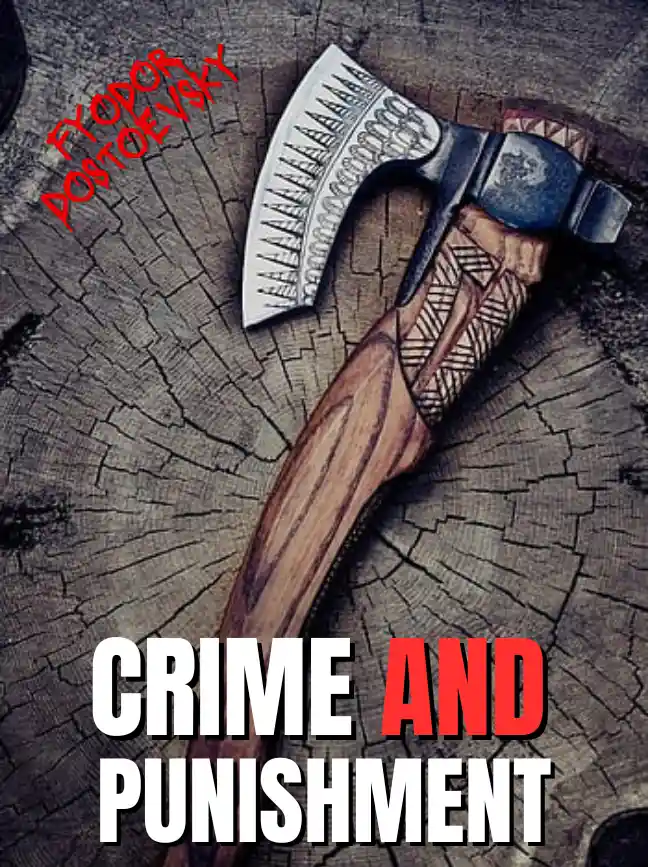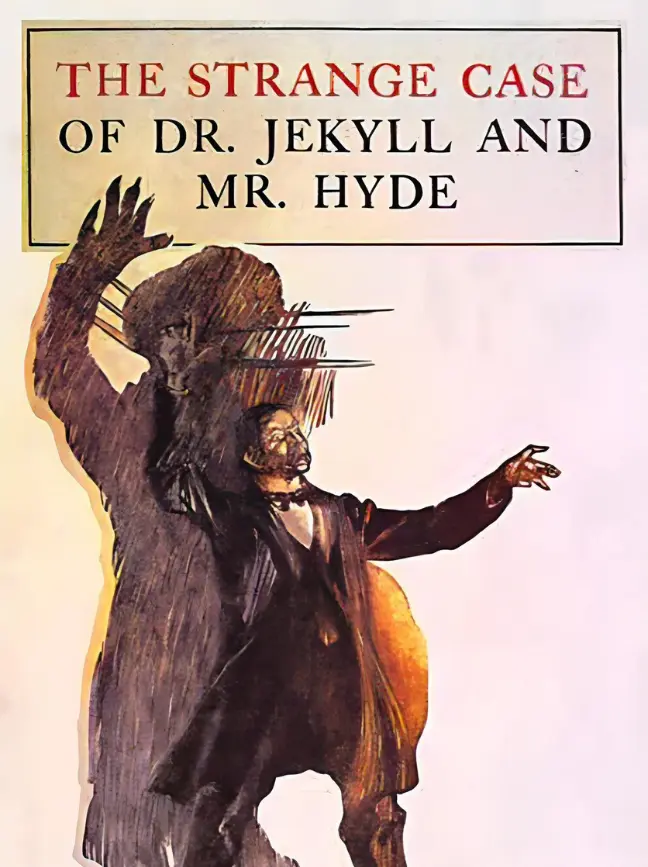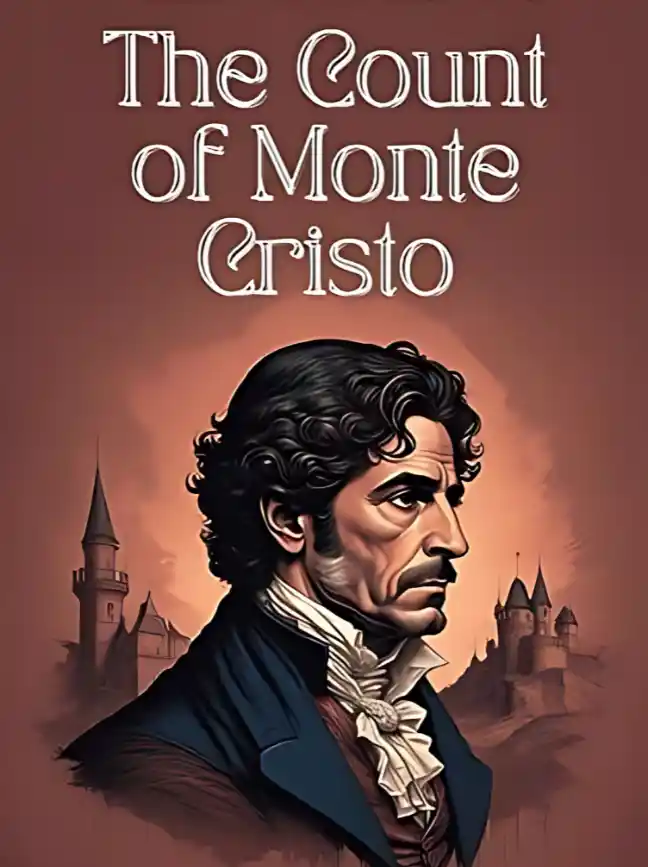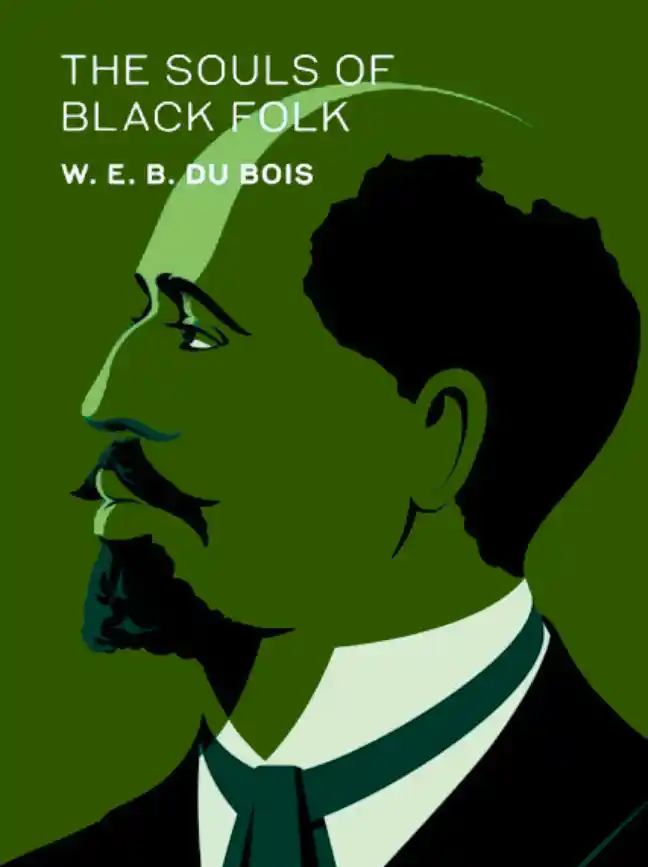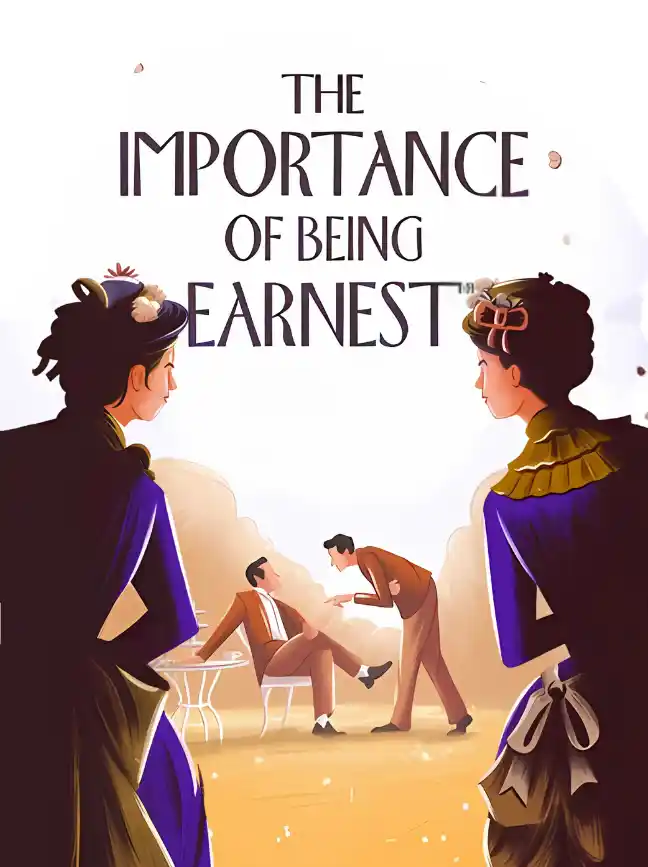He used to think that all Vampyres’ eyes looked the same. He may have been wrong about that.
S
Present day
UCH AN UNFORTUNATE, DESOLATE CHOICE. WHAT LOVING PARENT
would choose to name their child Misery?”
I don’t consider myself a sensitive person. As a rule, I’m not opposed to people implying that I am a disappointment to my family and my species. But I do ask for one thing: that they keep that shit away from me.
And yet, here I am. With Governor Davenport. Leaning on my elbows over the balcony that overlooks the courtyard where I just got married. Biting back a sigh before explaining:
“The council.” “Pardon?”
Gauging intoxication levels in Humans is always a struggle, but I’m fairly sure the governor is not not drunk. “You asked who gave me my name. It was the Vampyre council.”
“Not your parents?”
I shake my head. “That’s not how it works.”
“Ah. Are there . . . magic rituals involved? Sacrificial altars? Seers?”
So self-centeredly Human, the assumption that everything that’s other must be shrouded in the supernatural and the arcane. They nurse their myths and legends, in which Vampyres and Weres are creatures of magic and lore, capable of curses and mystical acts. They think us able to see the future, to
fly, to make ourselves invisible. Because we’re different from them, our existence must be governed by otherworldly forces—and not simply, like theirs, by biology.
And maybe a couple of thermodynamics laws.
Serena was like that, too, when I first met her. “So crucifixes burn you?” she asked me a couple of weeks into our cohabitation, after I failed to convince her that the viscous red liquid I kept in my fridge was tomato juice.
“Only if they’re, like, very hot.” “But you guys do hate garlic?”
I shrugged. “We don’t really eat food in general, so . . . sure?” “And how many people have you killed?”
“Zero,” I told her, appalled. “How many people have you killed?” “Hey, I’m Human.”
“Humans kill all the time.”
“Yeah, but indirectly. By making health insurance too expensive or stubbornly opposing gun control. You guys suck people dry to survive?”
I scoffed. “Drinking directly from a person is kinda gross and no one ever does it.” It was a bit of a lie, but at the time I wasn’t sure why. All I knew was that a few years earlier Owen and I had walked into the library to find Father latched onto the neck of Councilwoman Selamio. Owen, who’d been more precocious and less of a social pariah, had covered my eyes with his hand and insisted that the trauma would stunt our growth. He’d never explained the reason, though. “Plus, blood banks are right there. So that we don’t need to hurt Humans.” I wondered if it had more to do with the fact that killing someone would be a lot of exhausting work, what with the thrashing around, and the burying of the corpse, and the Human police potentially showing up in the middle of the day, when all we want is to crawl into a dark space.
“What about the invitation business?” “The what?”
“You need to be invited into a room, right?” I shook my head, hating that she looked disappointed. She was funny, and direct, and a little odd in a
way that made her at once awesome and approachable. I was ten, and I already liked her more than anyone I’d ever met. “Can you at least read my mind? What am I thinking about?”
“Um.” I scratched my nose. “That book you like. With the witches?” “Not fair, I’m always thinking about that book. What number am I
thinking?”
“Ah . . . seven?”
She gasped. “Misery!”
“Did I get it right?” Holy crap.
“No! I was thinking of three hundred and fifty-six. What else is a lie?”
The thing is, Humans and Weres and Vampyres might be different species, but we’re closely related. What sets us apart has less to do with the occult, and more with spontaneous genetic mutations thousands of years down the line. And, of course, the values we developed in response. A loss of a purine base here, a repositioning of a hydrogen atom there, and ta-da: Vampyres feed exclusively on blood, are wimps with the sun, and are constantly on edge about extinction; Weres are faster, stronger, (I assume) hairier, and they worship violence. But neither of us can whip out our magic wand and lift a sixty-pound suitcase on top of a rack, or find out the Powerball numbers in advance—or turn into bats.
At least, Vampyres don’t. I don’t know enough about the Weres to get offended on their behalf.
“No naming rituals,” I tell the governor. “Just a busybody council. No one wants five Madysons in the same class.” I hold for a beat. “Plus, it seemed fitting, since I did kill my mother.”
He hesitates, unsure how to react, and then lets out a nervous laugh. “Ah. Well. Still, as a name, it’s very . . .” He looks around, as if grasping for the perfect word.
Oh, fine. “Miserable?”
He finger-guns at me and I shiver, either because I hate him or because it’s starting to get way too cold for my Vampyre needs and my lace jumpsuit.
The gathering can only be defined as “a party” with lots of generosity. About one hour in, I decided that I had finally had enough. If my husband
—my husband, who was on the edge of murdering me at our altar of connubial bliss because I stink—could be off somewhere discussing important matters with my father, I, too, could sneak away.
I made my way up to the mezzanine balcony to be alone. Unfortunately, the governor had the same idea, and brought along a watering can’s worth of alcohol. He decided to join me—heartbreaking—and seems intent on making conversation—a fucking cataclysm. His eyes keep straying to Maddie Garcia’s table, as though he’s trying to incinerate her ahead of her inauguration next month. I should probably join him in his resentment toward the Human governor-elect, since her choices are what made this sham of a marriage necessary, but I cannot help admiring the way she has been expertly avoiding my father. She’s definitely a smart woman. Unlike the bumbling idiot next to me.
“It’s very brave, what you’re doing, Miss Lark,” he tells me, patting my shoulder. He must have misplaced the memo: Vampyres don’t touch. “Very brave, in the face of great danger.”
“Hmm.” The reception is going as cartoonishly poorly as expected. Weres and Vampyres are seated at tables on opposite sides of the hall, exchanging hostile looks while the most unappreciated viola player in the world spends some quality time with Rachmaninoff. The Weres and the few Human guests have been served food prepared by a world-renowned chef, and make a valiant attempt at eating it despite the ugly atmosphere. “Revolting,” I overheard the daughter of Councilman Ross say in the Tongue as I slunk up here. “Unsocialized beasts. They feed in public, shit in public, fuck in public.” I refrained from pointing out that it’s called “eating,” and that the last two are illegal in the Human world. I’m just glad I managed to explain to the planner that one doesn’t sip blood at a party, that feeding is a private act for Vampyres, never communal or recreational, and that no, serving blood cocktails with little umbrellas in them was not a “fun idea.” When she asked, “What will the Vampyres do, while the Weres eat?” I guessed “Glare at them?” Boy, was I right.
“Especially brave, you are.” The governor takes another swig. “What an interesting life you have led. A Vampyre raised among Humans. The famous Collateral. The Weres, it seems to me, have two reasons to hate you.”
I distractedly run my tongue over my regrown fangs, wondering if a fight will break out. The hatred in the room is thick, suffocating. The Human guards, too, sharkle around, a little too eager to strike, curb, defend. A gust of wind could make this coiling tension snap.
“Then again, Moreland gave up a lot for this arrangement. The Collateral they’re sending . . . The councilman’s daughter for the Alpha’s mate. Sounds like poetry, right?”
My head whips around. The Governor’s eyes are glazed. “The Alpha’s what?”
“Oh, I shouldn’t have mentioned her. It’s a secret, of course, but . . .” He chuckles deep in his throat and tips his glass at me.
“Did you say ‘mate’? Like a spouse?”
“I’m not at liberty to divulge, Miss Lark. Or should I say, Mrs.
Moreland?”
“Shit,” I mutter softly, rubbing the bridge of my nose. Was Moreland married before? If that’s the case, I cannot comprehend how pissed he must be at the prospect of being shackled to me while his wife is far away, first in line to the slaughter. Maybe that’s why he flipped earlier?
That, and how I apparently smell like rotten eggs.
Well, tough shit, I tell myself as I push away from the railing. He and Father are the masterminds of this marriage. I am the masterminded. Hopefully he’ll remember that and not direct his anger at me. “A pleasure chatting with you, governor,” I lie, waving goodbye.
“If you decide to change it, call my office.” He makes the phone hand gesture, the one old people use. “I can speed up the paperwork.”
“Excuse me?” “The name.”
“Ah. Yes, thank you.”
I head downstairs, in search of Owen. I think I saw him deep in conversation with Councilman Cintron earlier—gossiping, which he can do like a pro. I bet he can find out more about this mate business. Chances are, he already knew but didn’t say anything because he found the thought of this poor woman jumping up in the middle of the ceremony to object hilarious, and wanted to see a rabid wolf eat my pancreas for being a home- wrecker in front of the upper crust of Vampyre society.
“—never heard of anything like it.” I halt abruptly, because—
My husband.
My husband is here, at the bottom of the stairs.
He got rid of his jacket, and the sleeves of his white shirt are rolled up. Two people stand with him: a Were with a ginger beard—the best man, if I’m not mistaken—and another, older, gray-haired, with a deep white scar on his neck. Their expressions are somber, and Moreland’s arms are crossed on his chest.
It’s a scene I’ve come across before, with my father: a powerful man, hearing important information from people he trusts. The last thing I want is to walk past them right now, in close competition with the second to last— reprising my conversation with the governor. Still, I’m ready to go back and hear more about the failures of my given name, until:
“—the consequences, if it really is her,” the best man continues.
It’s the her that stops me in my tracks. Because it feels like it might be referring to . . .
Moreland presses his lips together. His jaw clenches and he says something, but his voice is deeper, lower than his companions’. I cannot make out the words over the background noises.
“It must have been a moment of confusion. She cannot be your—” The string music suddenly soars, and I inch closer, just one step down the stairs.
Lowe’s broad back stiffens. I’m afraid he heard me move, but he doesn’t turn. I relax when he says, “You think it’s a mistake I would make?”
The older man freezes. Then hangs his head, apologetic. “I do not, Alpha.”
“We need to change our plans, Lowe.” The ginger. “Find other accommodations. You shouldn’t live with—” A commotion erupts in the hall, and their heads lift in its direction. When I follow suit, my stomach drops.
A short distance away, two children are bawling. They are toddlers, one with dark skin and lilac eyes, the other pale and blue-eyed. A Vampyre and a Were. Between them lies a dark blue superhero action figure, broken in two at the waist. And next to them, clutching their respective sons, are a Vampyre father and a Were mother. Who, for reasons I cannot divine, thought that bringing children here would be a good idea, and now are showing their fangs at each other. Growling. Drawing the attention of the other guests, who start to gather around them protectively. Or maybe aggressively.
The music stops when the noise in the room rises to a panicked pitch. A small crowd surrounds the kids, and the Human guards join it, drawing their weapons and bringing firearms into the mess. My heart thumps dully in my chest as the tension grows fat and sticky, the start of another massacre that will go down in the history books—
“Here.”
Lowe Moreland kneels between the children, and the room drops to a deafening silence. The Vampyre’s father, whom I now recognize as Councilman Sexton, pushes his son behind his legs, upper lip peeled back to reveal his long canines.
“It’s all good,” Moreland says. Calm. Reassuring. Not to the father, but to the child. As he holds out the intact action figure—not broken, after all.
The boy hesitates. Then his hand darts out from between his father’s knees to collect his toy, mouth widening into a toothy smile.
Several of the guests exhale in relief. Not me, though. Not yet. “Anything you’d like to say?” Moreland asks, this time to the Were
child. The boy blinks several times before looking at the ground with a pout.
“Sorry,” he mumbles, the r’s rounded into w’s. He looks on the verge of crying, but then dissolves into laughter when Moreland ruffles his hair and
picks him up, effortlessly wedging him under his arm like a football. He turns around, giving his back to the group of Vampyres assembled around the Sextons, and returns the little Were to his table.
Just like that, the tension relaxes. Vampyres and Weres return to their seats with a few lingering looks of distrust. The music resumes. My husband makes his way back to the bottom of the stairs, without lifting his eyes or noticing me, and I finally let out the breath I was holding.
“Make sure it doesn’t happen again. Tell the others, too,” he quietly orders the ginger and the older Were, who nod and leave to mix with the guests. Moreland sighs, and I wait for a handful of seconds, hoping he’ll join them and clear my way.
Two handfuls.
What feels a lot like a minute. A minute and more handfuls—
“I know you’re there,” he says, not looking at anyone in particular. I have no idea who he’s addressing until he adds, “Come down, Miss Lark.”
Oh.
Well.
This is nicely mortifying.
There are about ten steps separating us, and I could crawl my way down in shame. But our species have been mortal enemies since electricity wasn’t a thing, which might put us beyond embarrassment. What’s some eavesdropping among foes?
“In your own time,” he adds wryly.
Given the . . . incident a couple of hours ago, I’m hesitant to go stand next to him. But perhaps I shouldn’t have worried: when I reach his side, his nostrils twitch and a muscle jumps in his jaw, but that’s about it. Moreland doesn’t look my way, nor does he seem too tempted to mangle me.
Progress.
Still, I have no idea what to say. So far we’ve only exchanged recited promises that neither of us means to keep, and some commentary on my body odor. “You can call me Misery.”
He’s quiet for a beat. “Yeah. I probably should.”
We fall into silence. In the far corner of the courtyard, what seems to be another small ruckus involving a Were and Vampyre nearly pops up, but it’s swiftly curbed by a Were woman I vaguely remember standing by the altar.
“Do we have another interspecies brawl?” I ask.
Moreland shakes his head. “Just some idiot who drank too much.” “Not from a Were, I hope.”
I regret the words the second they’re out of my mouth. I’m not usually a nervous blabberer, because I’m not usually nervous. One doesn’t serve as the Collateral for a decade without learning a baffling number of anxiety management strategies. And yet.
“Did you just joke about your people drinking my people dry?”
I close my eyes. Death would be nice, right now. I’d welcome it with open arms. “It was in terrible taste. I apologize.” I look up at him, and there they are. Those eerie, unearthly, beautiful eyes, glowing at me in the dim lights, a chilling green that borders on feral. I wonder if I’ll get used to them. If one year from now, when this arrangement is complete, I’ll still think them bizarrely lovely.
I wonder what Serena thought when she first saw them.
“They’re expecting us,” Moreland says curtly. My apology dangles, not accepted, not rejected.
“Who?”
He points at the orchestra. The viola player lifts her bow in the air for a beat, and then the music switches gears. Not Rachmaninoff, but a slow, instrumental rendition of a pop song I’ve heard in line at the grocery store. Did Moreland approve of this? I bet the planner went rogue.
“First dance,” he says, holding out his hand. His voice is deep, precise, economical. A man who’s used to giving orders and having them answered. I look at his long fingers, remembering how they closed on my arm. That moment of fear. Thing is, I don’t feel a lot, and when I do—
“Misery,” he says, a trace of impatience in his tone, and my name sounds like a different word in his voice. I take his hand, watch it engulf mine. Follow him onto the dance floor. We had no photographer at the
ceremony, but there are a couple here. When we reach the center of the hall, Moreland’s palm splays on my back, where my jumpsuit dips low. His fingers briefly travel down my wrist, brushing against the marking, then wrap around mine. We start swaying to a peal of sparse, half-hearted applause.
I have never slow-danced before, but it’s not too difficult. Perhaps because my partner is doing most of the work.
“So.” I glance up, attempting conversation. In these shoes I push six feet, but there’s no towering over this man. “I smell like sewers or something?” It cannot be easy for him, being this close to me.
He stiffens. Then relaxes. I think he won’t reply until his terse “Or something.”
I wish I could commiserate, but Vampyres don’t comprehend scents the way other species do. Serena used to point at flowers and spin wild tales of beautiful fragrances, then act shocked that I couldn’t tell them apart. But plants are insignificant to us, and I was just as shocked that she had no awareness of people’s heartbeats. Of the blood coursing through her own veins.
It’s a pity that I smell foul to Moreland, because his blood is nice. Engulfing. Healthy and earthy and a bit rough. His heartbeat is strong and vibrant, like a caress to the roof of my mouth. I don’t think it’s just a Were thing, because the others here at the wedding seem less inviting. But maybe I just haven’t gotten close enough to—
“Does your father hate you?”
“Excuse me?” We’re still swaying. Cameras click around us like insects in the summertime. Maybe I misheard.
“Your father. I need to know if he hates you.”
I meet Moreland’s eyes, more baffled than offended. And perhaps a little peeved that I cannot insist that my one living parent gives a shit about me. “Why?”
“If you’re going to be under my protection, I need to know these things.”
I cock my head up at him. His face is so . . . not handsome, even though it is, but striking. All-consuming. Like he invented bone structure. “Am I? Under your protection?”
“You’re my wife.”
God, it sounds weird. “In name, maybe.” I shrug, and it makes my body brush against his. His eyes do an odd thing, the pupils acting out, contracting and expanding of their own volition. Then they settle on the markings painted on my neck. He seems unwarrantedly taken by them. “I think I’m just a symbol of goodwill between our people. And Collateral.”
“And being a Collateral is your full-time job.”
I can’t even counter that, since Vania got me fired. “I dabble.”
He nods thoughtfully, turning me around. New couples are starting to join us, none looking enthused—likely marched to the dance floor by our zealous wedding planner. My eyes meet Deanna Dryden’s; she held me down and stuffed my mouth with feathers when I was seven, disappeared from my life for ten years, then called me a Humanfucker in front of a crowd of dozens when we next crossed paths. We nod at each other politely. “Let’s see, Misery.” My name is pointed—at what, I’m not certain. “You
were formally announced as the Collateral when you were six, and then sent to the Humans at eight. You had twenty-four seven protective detail—all Human guards—and yet over the following decade, you suffered several assassination attempts by anti-Vampyre extremist groups. All failed, but two came very close, and I’m told you have the scars to prove it. Then, when your term as the Collateral finally ended, you briefly returned to Vampyre territory, then chose to adopt a fake identity and live among the Humans— something Vampyres are forbidden from doing. If you were a member of my own family, I would never have allowed any of it. And now you’ve signed up to marry a Were, which is the most dangerous thing someone in your situation could do, with nothing to gain and no obvious reason—”
“I’m flattered that you skimmed my file.” I bat my eyes up at him. He does seem to have the whats and the wheres, if not the whys. “I read yours, too. You’re an architect by training, right?”
His body tenses, and he pushes me away for—no, he’s just whirling me around to the music. “Why is your father so remiss when it comes to your survival?”
His blood really does smell nice. “I’m not some kind of victim,” I say quietly.
“No?”
“I agreed to this marriage. I’m not being forced into anything. And you
—”
His arm snatches abruptly around my waist, and he pulls me closer to avoid another couple. My front plasters against him, his scorching heat a shock to my cool skin. He really is foreign. Different. Incompatible with me in every possible way. It’s a relief when he puts some distance between us and we’re again comfortably apart. The thought of him already being in a relationship flits into my head once more, intrusive and unprompted, and I have to track down my abandoned sentence. “And you are putting yourself in the exact same situation.”
“I’m the Alpha of my people.” His voice is hoarse. “Not a white-hat hacker who only miraculously made it to twenty-five.”
Ouch, and fuck you. “What I am is an adult woman with agency and the tools to make choices. Feel free to, you know, treat me accordingly.”
“Fair.” He hums agreeably. “Why did you consent to this marriage, though?”
Have you ever heard the name Serena Paris? I nearly ask. But I already know the answer to that, and the question would only give him something to hide. I have a plan, a painstakingly drawn one. And I’m going to stick to it. “I like to live dangerously.”
“Or desperately.” The music plays on, but Moreland halts, and so do I. We stare, a hint of challenge swirling between us.
“I’m sure I don’t know what you mean.”
“You don’t?” He nods. Like he wasn’t going to say what’s coming next but doesn’t mind continuing. “The Vampyres don’t claim you as one of them unless they have something to gain from it. You chose to be among the Humans, but you had to lie about your identity, because you’re not one
of them. And you’re definitely not one of us. You truly belong nowhere, Miss Lark.” His head dips closer. For a terrible, head-splitting second, my heart pumps with the certainty that he’s going to kiss me. But he bends past my mouth, to the shell of my ear. Through a landslide of what has to be relief, I hear him inhale and say, “And you smell like you know all of this very, very well.”
That hint of challenge solidifies, heavy as concrete, into something cities could be built on. “Maybe you should stop breathing in so much,” I say, pulling back to look him squarely in the eye.
And then everything happens much too quickly.
The glint of steel at the corner of my view. An unfamiliar, rage-filled voice yelling, “You Vampyre bitch!” Hundreds of gasps, and a sharp blade making its way toward my throat, my jugular, and—
The knife stops a hairbreadth from my skin. I don’t remember closing my eyes, and when I open them my brain cannot seem to catch up: someone
—a Human, dressed as a waiter—came at me with a knife. I did not notice him. The guards did not notice him. My husband, on the other hand . . .
Lowe Moreland’s palm is wrapped around the blade, less than an inch from my neck. Green blood trickles down his forearm, its rich scent crashing into me like a wave. There is no sign of pain in his eyes as they hold mine.
He just saved my life.
“Nowhere, Misery,” he murmurs, lips barely moving. In the distance, Father is barking orders. Security finally reacts, pulls away the thrashing waiter. A few guests gasp, scream, and maybe I should scream, too, but I don’t have the wherewithal to do anything until my husband tells me, “For the next year, let’s make sure to stay out of each other’s way. Understood?”
I try to swallow. Fail the first time, do a great job the second. “And they say romance is dead,” I say, pleased not to sound as dry throated as I feel. He hesitates for a moment, and I could swear he inhales again, deep, storing up . . . something. His hand tightens on my back for a second before finally letting go.
And then Lowe Moreland, my husband, stalks off the dance floor, a trail of forest-green blood tracking his path.
Leaving me blissfully alone on the night of our wedding.

